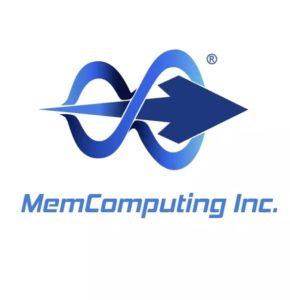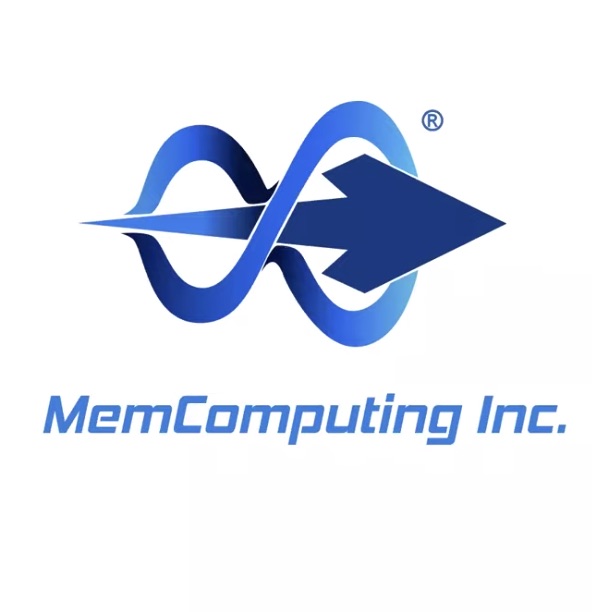 In this podcast, the Radio Free HPC team looks at the universal memcomputing machine, an alternative to today’s Von Neumann architectures.
In this podcast, the Radio Free HPC team looks at the universal memcomputing machine, an alternative to today’s Von Neumann architectures.
Pretty much all of computing rests on the strong foundation of the Turing Machine, a general purpose formulation of computing which happens to be very sequential. It transfers that attribute to the Von Neumann architecture that manifests it and leads to the famous Von Neumann bottleneck. It would be good if an inherently parallel foundation existed. That requires a blending of computing and memory and has led to approaches to build processor-in-memory or computational memory systems. If successful, it could help reach the nirvana of solving (some?) exponential problems in polynomial time by exposing the intrinsic parallelism of large scale problems.
The @RadioFreeHPC team delves into this topic with the folks at MemComputing, a San Diego startup that’s built a new parallel foundation for computing. It calls it the universal memcomputing machine, and a “realization of self-organizing circuits”.
It’s a lively discussion with co-founders John Beane, CEO, and Fabio Traversa, CTO of the company. Just in emulation mode on existing hardware, and on the right (exponentially growing) applications, the technology has performed so well as to lead the company to offer it as a service now instead of waiting to build custom hardware, and to make them think of Quantum Computing kinds of performance.
Universal Memcomputing introduces the notion of universal memcomputing machines (UMMs): a class of brain-inspired general-purpose computing machines based on systems with memory, whereby processing and storing of information occur on the same physical location. We analytically prove that the memory properties of UMMs endow them with universal computing power—they are Turing-complete—, intrinsic parallelism, functional polymorphism, and information overhead, namely their collective states can support exponential data compression directly in memory.
Check out the white paper on Universal Memcomputing Machines.
Further highlights:
- Henry reports that the US Attorney for West Virginia has issued a statement about election security and concerns about the vulnerability of the state’s election system.
- Shahin talks about the work that DOE labs are doing to better understand the impact of AI on science.
- Henry points out eight new storage-related patents granted to Intel, 2 of which look quite important for emerging storage systems.
- Dan is concerned that bots are overstepping their boundaries and talks about research at Microsoft that can generate fake comments for online articles.





